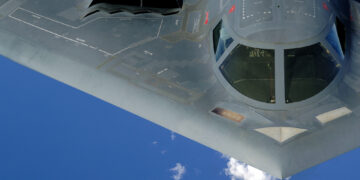August 2, 2024
Ismail Haniyeh’s assassination will expand the Israel-Iran conflict

Israel’s decision to assassinate Hamas political chief Ismail Haniyeh, although not yet claimed by Tel Aviv, and Lebanese Hezbollah senior commander Fuad Shukr on July 30 and 31 is sending shockwaves throughout the Middle East. The twin assassinations mark another dangerous inflection point for the region as Iran and Israel continue to escalate their shadow war increasingly into open military exchanges. Yet the assassinations, alongside broader violence, will not end what is already a regional war or the conflict in Gaza. Instead, these actions will likely produce more instability while expanding opportunities for miscalculation.
Israel assassinated Shukr in the southern Beirut suburb of Dahieh, a Hezbollah stronghold. The strike targeted his high-rise residence, killing at least seven people and injuring roughly seventy. Although Israel has not claimed it, a bomb that it planted weeks prior in a guesthouse for foreign dignitaries and Iranian allies in northern Tehran likely killed Haniyeh and his bodyguard. The latter attack aims to pigeonhole Iran while embarrassing it by killing a major figure in Iran’s capital following the inauguration of Iranian President Masoud Pezeshkian—hardly a coincidence considering his reformist platform calling for talks with the West.
Iran and its so-called “Axis of Resistance” leaders pledged revenge against Israel for the assassinations, with Hezbollah leader Hassan Nasrallah declaring that war with Israel has now entered a “new phase.” The United States continues to claim that it was “not aware” of the strike in Tehran, although it has remained relatively quiet about the Beirut strike while arguing Israel has a right to defend itself.
While the U.S. messaging is likely designed to avoid attacks for its bear-hug approach to Israel and support for many of its military operations, the reality is that U.S. rivals and the broader regional population believe the United States works in lockstep with Israel. Washington’s same-day strikes on Iranian-backed militias in Iraq do little to alleviate such perspectives—as an Iranian letter to the UN highlights.
More on Middle East

By Jennifer Kavanagh and Dan Caldwell
June 28, 2025

By Rosemary Kelanic and Jennifer Kavanagh
June 25, 2025

Featuring Rosemary Kelanic
June 25, 2025
Events on Middle East






